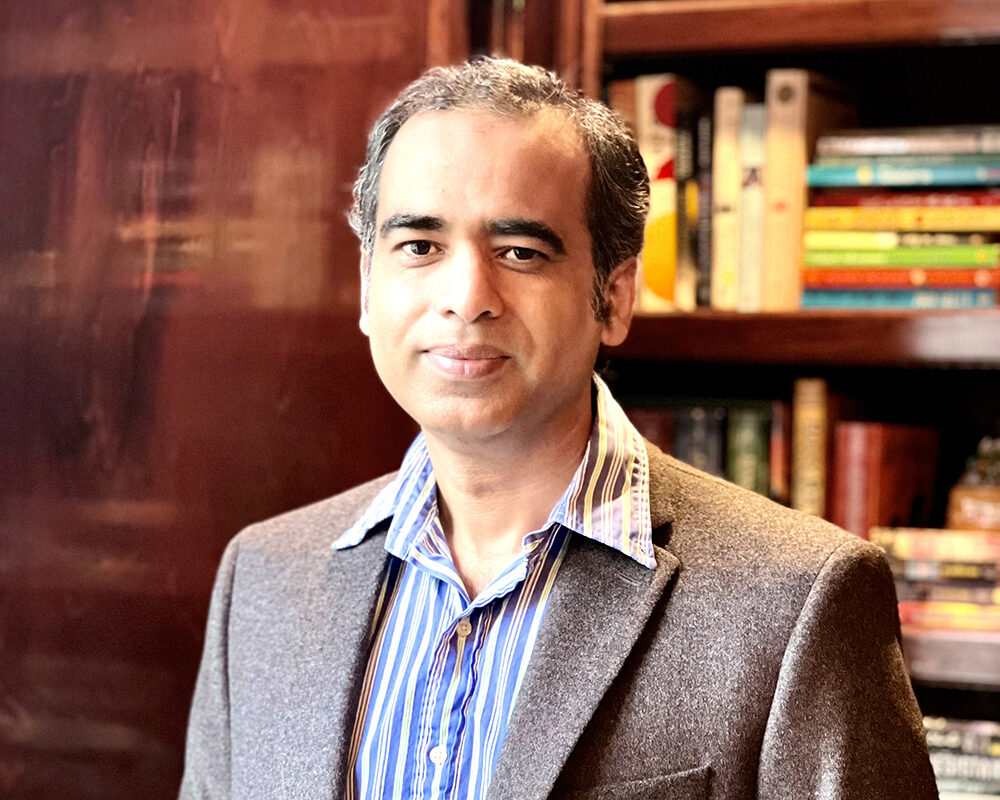A Woodruff School faculty member is one of two Georgia Tech professors recognized by their peers for thier contributions to biomaterials research.
The Society for Biomaterials has bestowed Associate Professor Ankur Singh with the Mid-Career Award for 2022. Singh will be honored at the society’s annual meeting later this spring and have the opportunity to make a presentation about his work.
Singh’s Mid-Career Award honors biomaterials researchers 10-20 years into their career who have demonstrated outstanding achievements. Singh has been involved with the society since grad school and has previously been honored as a young investigator.
“This Mid-Career Award is special to me because it recognizes the collective years of my academic journey as an independent researcher, and it reflects the contributions and leadership my laboratory and I have demonstrated towards advancing the biomaterials field,” said Singh, who also holds an appointment in the Wallace H. Coulter Department of Biomedical Engineering. “I am deeply honored. It has encouraged me to continue with creativity in the biomaterials field, focus on further training a cadre of young researchers, and encourage them towards taking game-changing high-risk, high-impact challenges that could shape science and society in the future.”
Singh’s research lab creates biomaterials-based immune tissues to mimic the structure and function of lymph nodes so they can study interactions between cells and cell decision-making. These models are tiny 3D tissue cultures grown from patient cells called organoids, or “on-chip” systems that draw inspiration from circuits on a microchip to create tiny channels and chambers on silicon wafers that recreate the flow and forces of tissues in the body.
“There are few biomaterials researchers or biomedical engineers in the world who can match the creativity of Ankur in the areas of immune-biomaterials and immune-engineering,” said nominator Kam W. Leong, a biomedical engineering professor at Columbia University, who also noted that Singh’s work can “significantly advance the understanding, diagnosis, or treatment of cancer and immune diseases.”
Associate Professor Julia Babanese from the Wallace H. Coulter Department of Biomedical Engineering was also recognized by the Society for Biomaterials, earning the Clemson Award for Basic Research.

